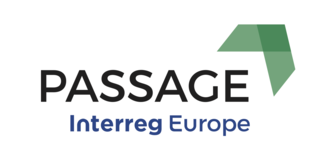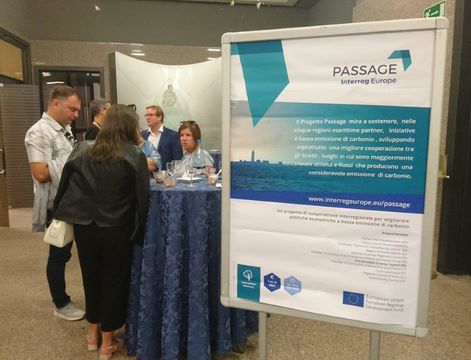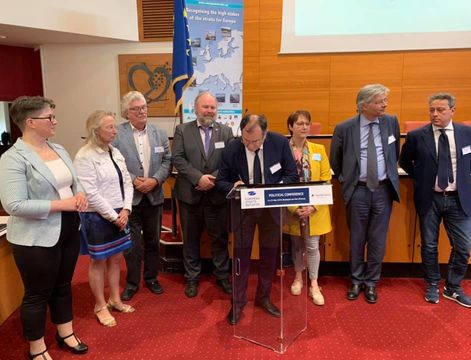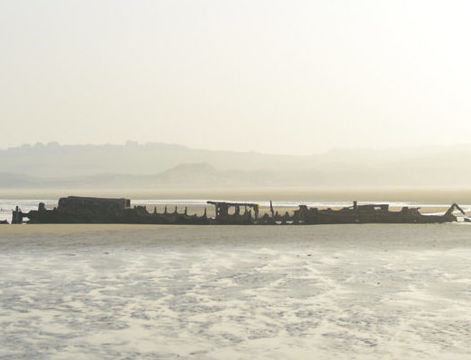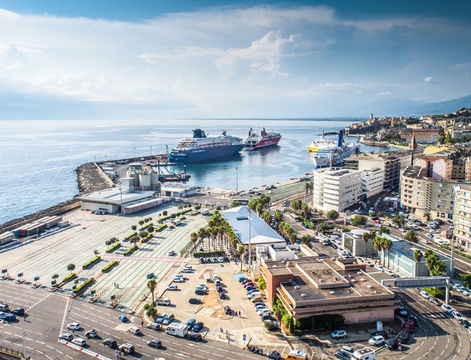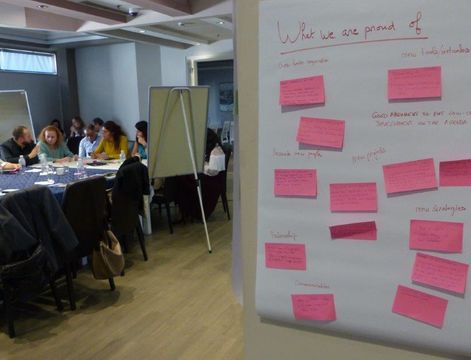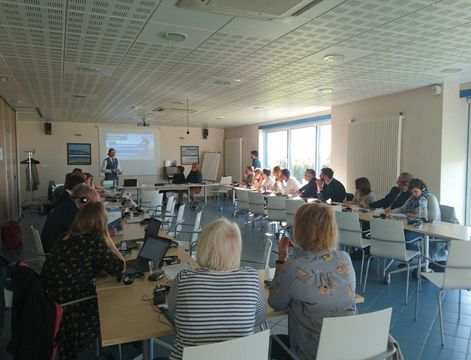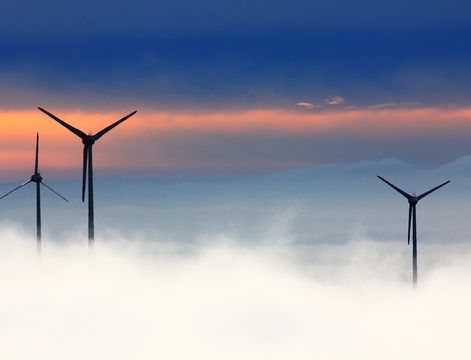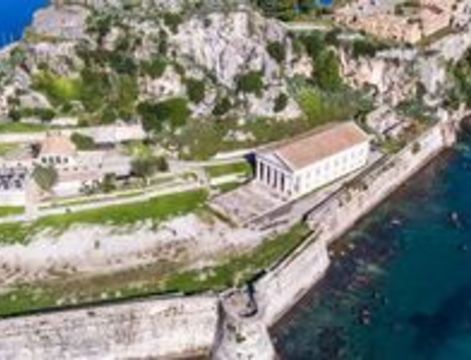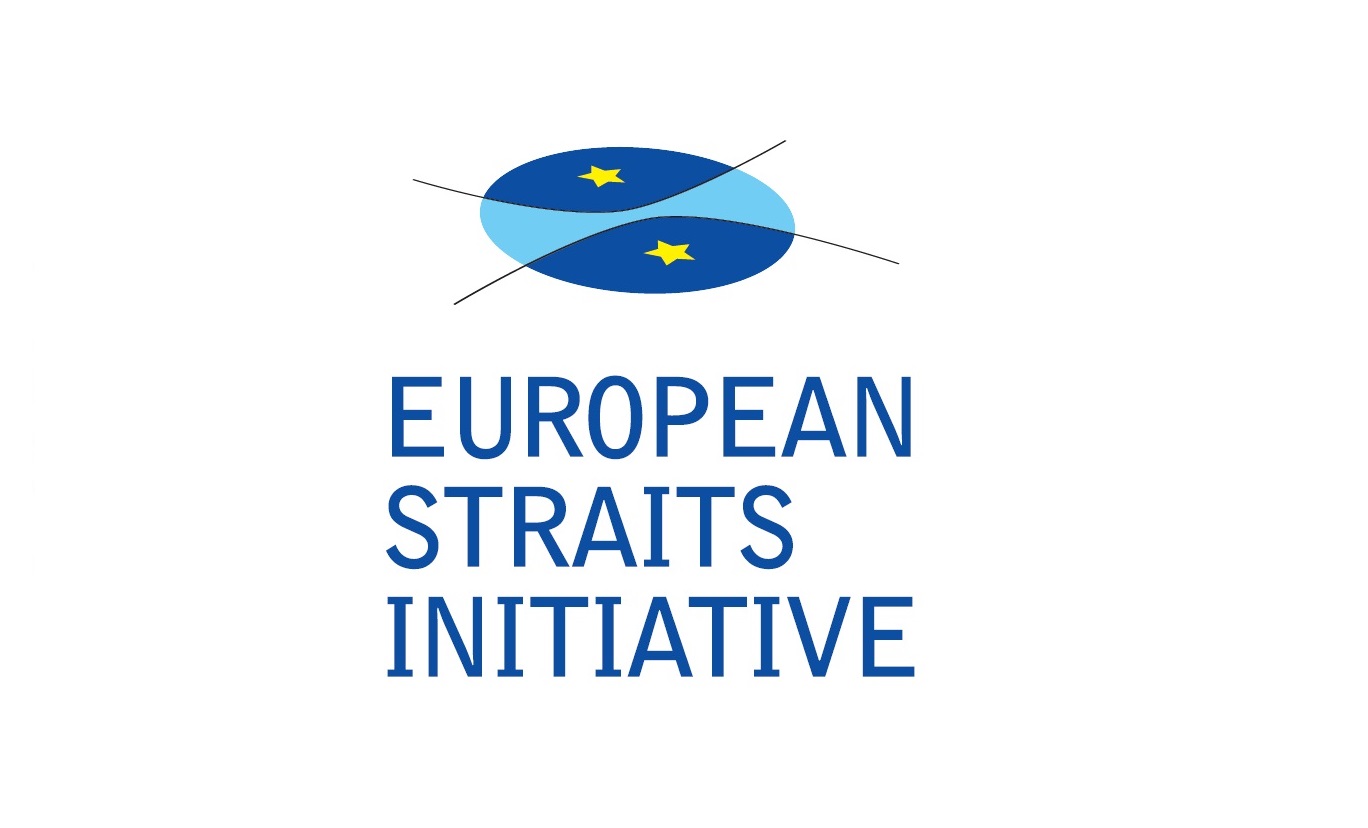More than 50 stakeholders from Kent and Pas-de-Calais, on both shores of Dover Strait maritime border, gathered in St Margaret's Bay on 13 March 2017 to discuss low-carbon transition and future action plan.
This cross-border meeting was the second of a serie of meetings aiming at defining a shared action plan for low-carbon transition in Dover Strait (France/United-Kingdom). At the invitation of Kent County Council, English partner of PASSAGE project, local stakeholders from both shores of the maritime border attended the meeting to share their ideas on priority areas of cooperation for low-carbon transition.
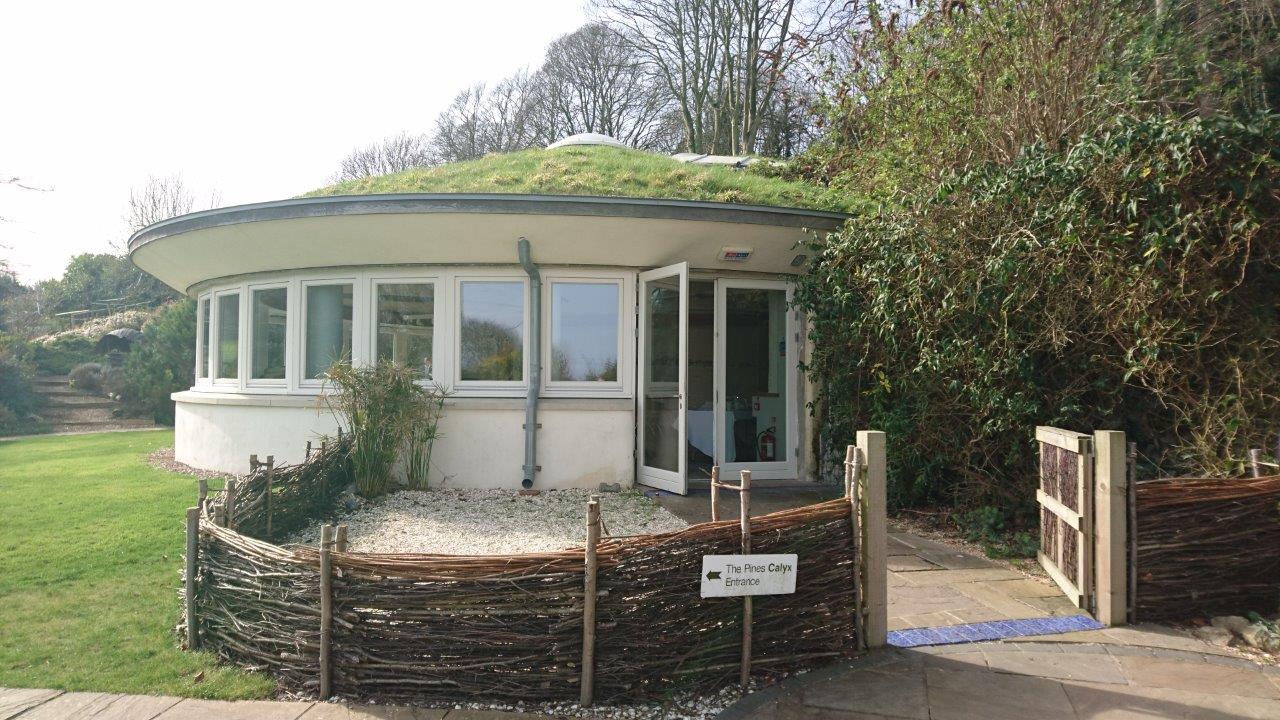
The meeting took place in Pines Calyx, St Margaret's Bay (Dover), in a sustainable ecological building at the top of the iconic White Cliffs of Dover Strait. A serie of workshops took place in the morning, for the participants to define the main issues, ideas of actions and stakeholders to be involved for each of the three sub-topics of the project:
- Low-carbon transportation; among others, participants highlighted the need for development of soft and sustainable transportation modes such as cycling as well as the increasing potential of smart and digital solutions. A key issue mentioned is the reality of border controls in Dover Strait, which does not facilitate links between ports and cities and a coherent approach in planning alternative modes of transportation.
- Environment and attractiveness strategies; participants raised the high potential of Dover Strait in terms of attractiveness due to its great natural assets such as the 2 Caps areas (Grand Site de France) or the White Cliffs (Kent Downs AONB). One of the main issues identified is the need for a global strategy - including low-carbon transport facilities enabling inhabitants and tourists to fully enjoy those assets and change the image of the territory.
- Entrepreneurship and social innovation; the need for the low-carbon transition to benefit to all was at the heart of the exchanges. Opportunities for new jobs and businesses were highlighted as a key for the future development of the maritime border region.
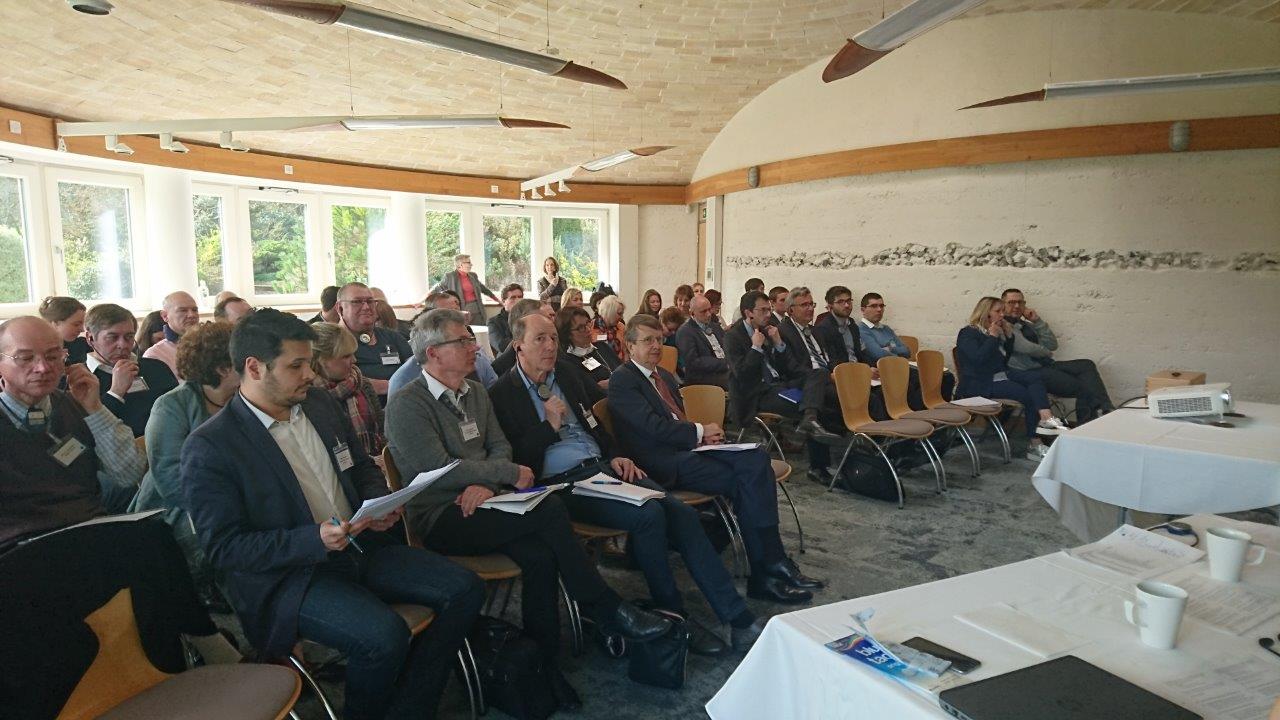
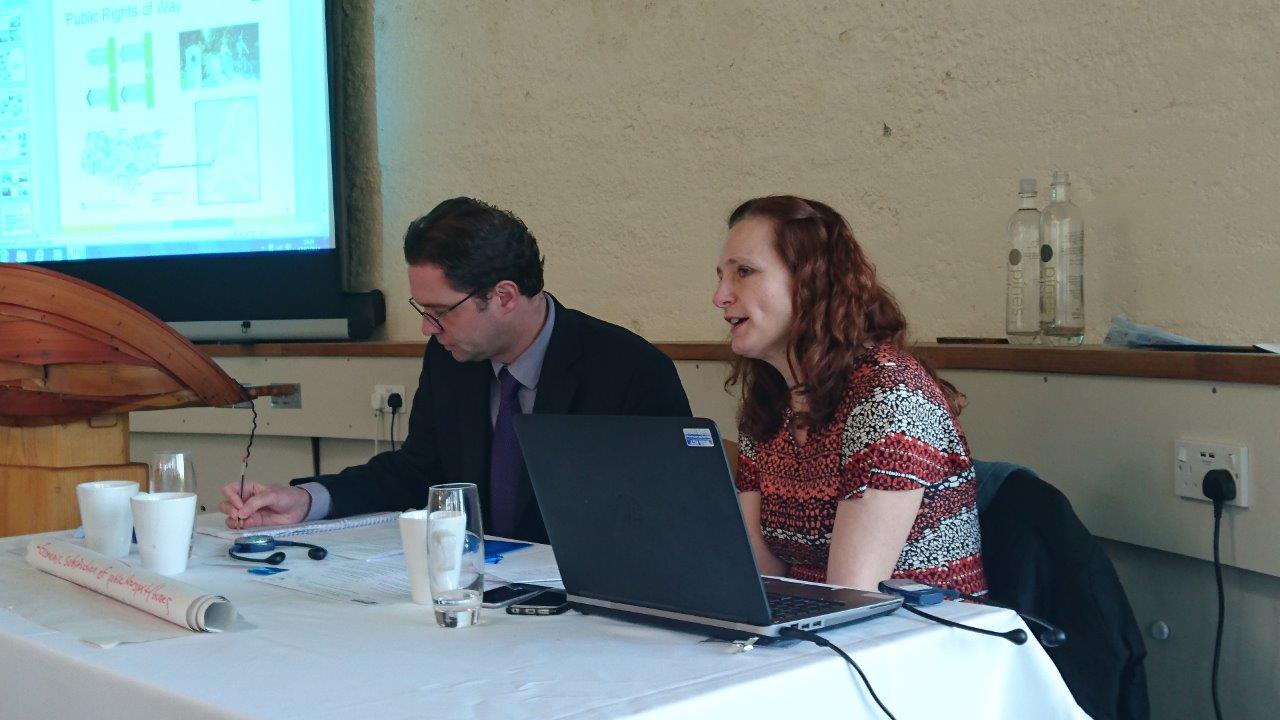
In the afternoon, the participants were briefed about opportunities around the study on carbon emissions that will be lead by I-Care & Consult in the coming months. Facilitators from the Interreg VA 2 Seas and France (Channel)-England programmes explained the various funding possibilities for cross-border low-carbon initiatives, in the perspective of the future action plan.
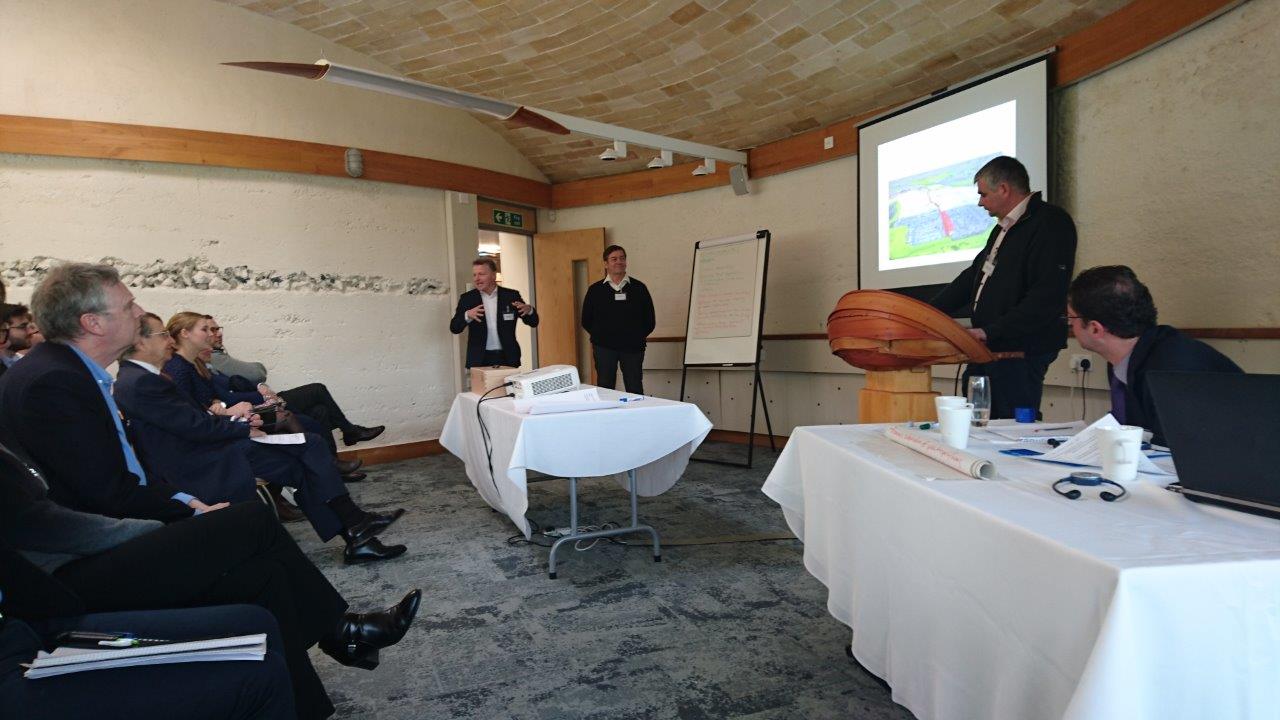
The afternoon session was also the opportunity for the participants to learn about good practices already existing in Dover Strait, such as the Kent Countryside and Coastal Access Improvement Plan, that provides free opportunities for the public to explore Kent’s countryside and coast by foot, bicycle or horseback. Pas-de-Calais Habitat and AmicusHorizon social housing companies, both involved in the Interreg project IFORE "Innovation for Renewal", presented the actions developped in Kent and Pas-de-Calais on technical ecological renovation of social housing and social approach of ecological behaviours, that jointly enabled to produce important energy savings and cut emissions from housing.
